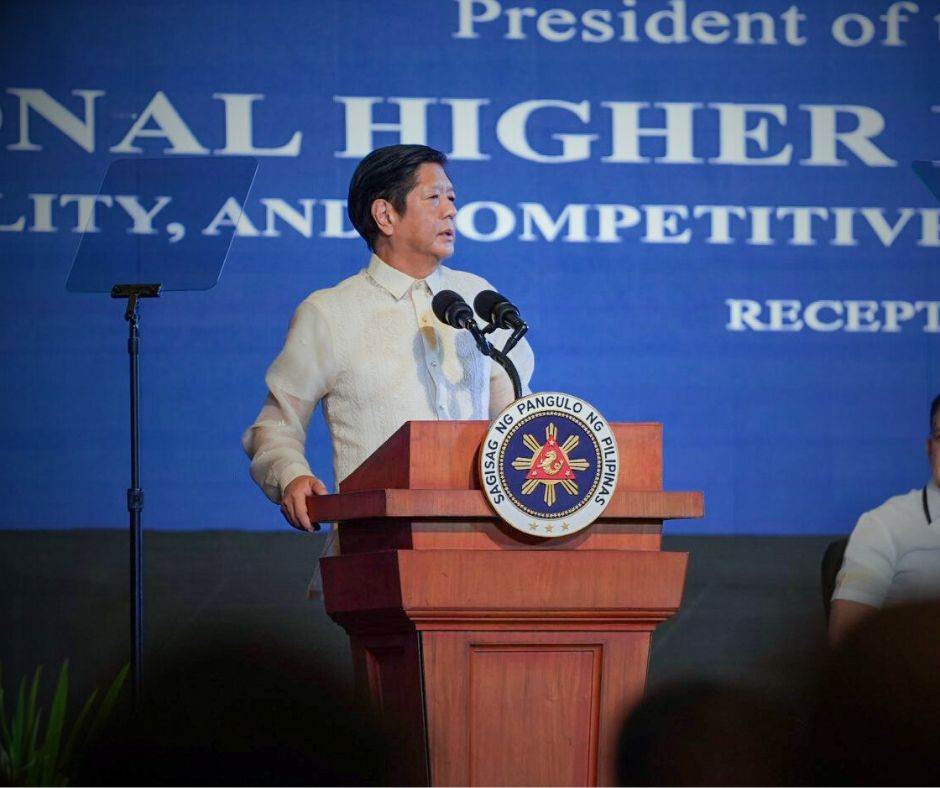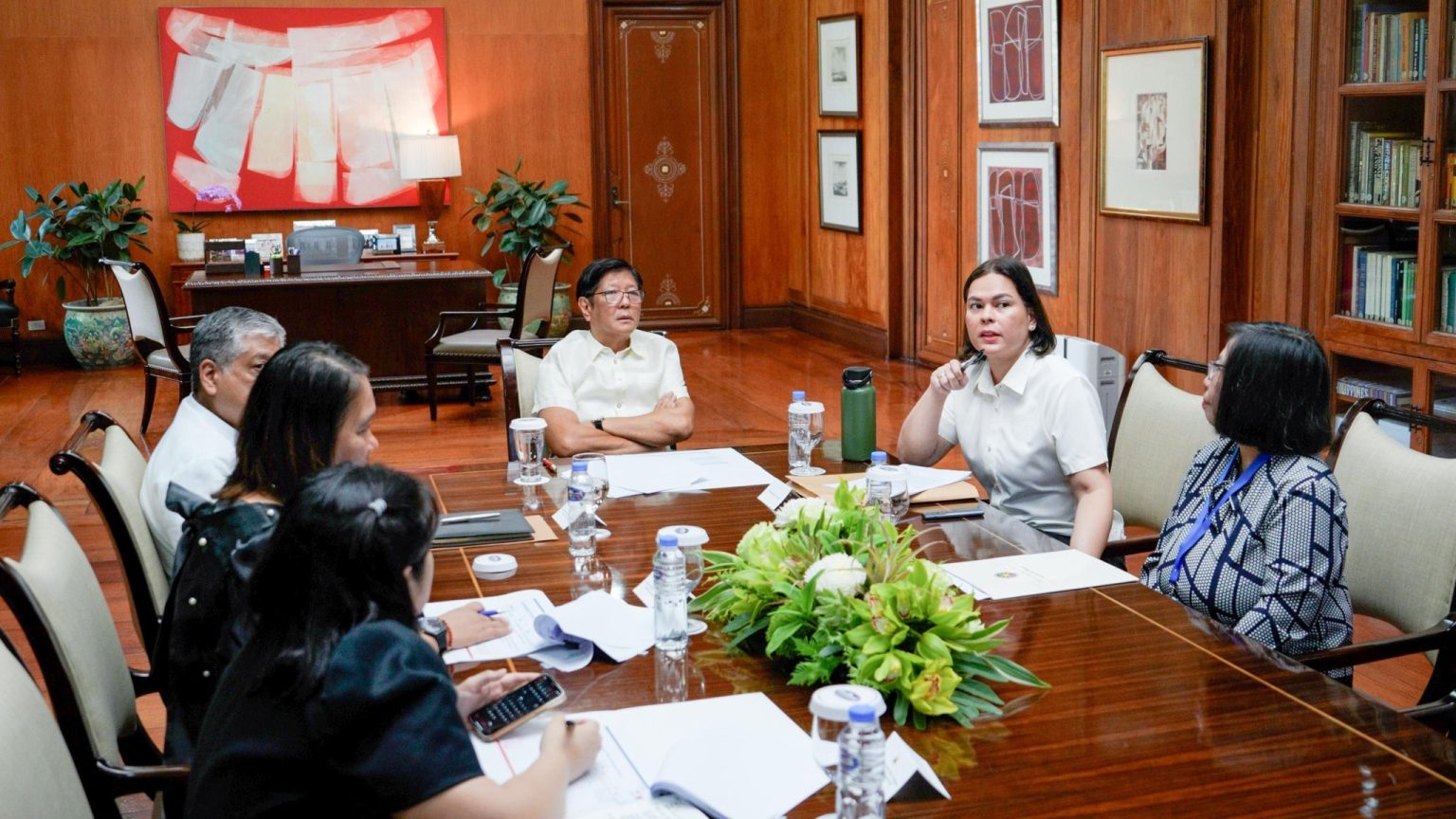
Progressive teacher groups have criticized President Ferdinand “Bongbong” Marcos Jr.’s education policy, saying it fails to address the country’s education crisis and prioritizes global competitiveness over the needs of Filipino students.
In a statement, the Congress of Teachers/Educators for Nationalism and Democracy (CONTEND) expressed concern over the administration’s approach, emphasizing the importance of accessible quality education for all Filipinos.
They criticized the focus on producing “globally competitive cheap labor exports,” which they believe neglects the pressing issues faced by the average Filipino.
“Such an approach inevitably places emphasis on the marketability of courses on the global stage and filling the skilled needs of the global market rather than solving the pressing issues of the average Filipino,” the group said.
CONTEND also raised issues with the promotion of private sector involvement in education, particularly the recent approval of a resolution allowing 100% foreign ownership of schools. They fear this move could lead to increased costs of higher education, further burdening Filipino families.
The Alliance of Concerned Teachers (ACT) echoed these sentiments, highlighting the government’s fixation on international education rankings over industrializing the country.
ACT criticized the Western-centric standards imposed on Philippine institutions, stating these rankings do not reflect the priorities relevant to the Filipino masses.
It will be recalled that President Marcos, during the National Higher Education Summit on May 15, expressed disappointment over Philippine universities’ absence in the Top 100 of Times Higher Education’s 2024 Asia University Rankings.
He emphasized the need to rethink strategies to improve rankings and ensure the country’s educational institutions contribute to national development.
“What we have learned a long time ago is actually no longer relevant. We have seen the changes in the requirements of the new global post-pandemic economy and for us to be able to participate successfully in that new global economy, we must have a skilled workforce. And that will depend upon their training and their education,” Marcos said.


